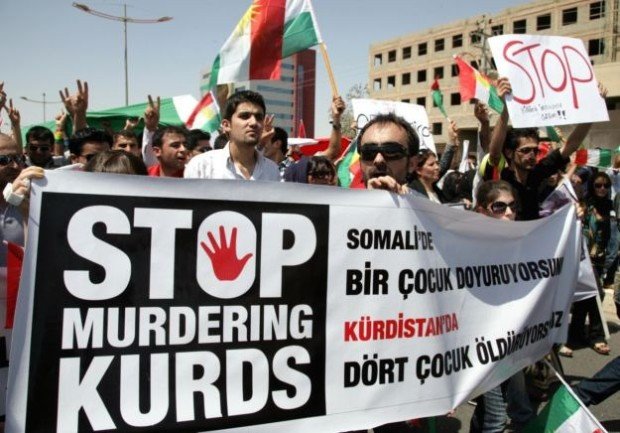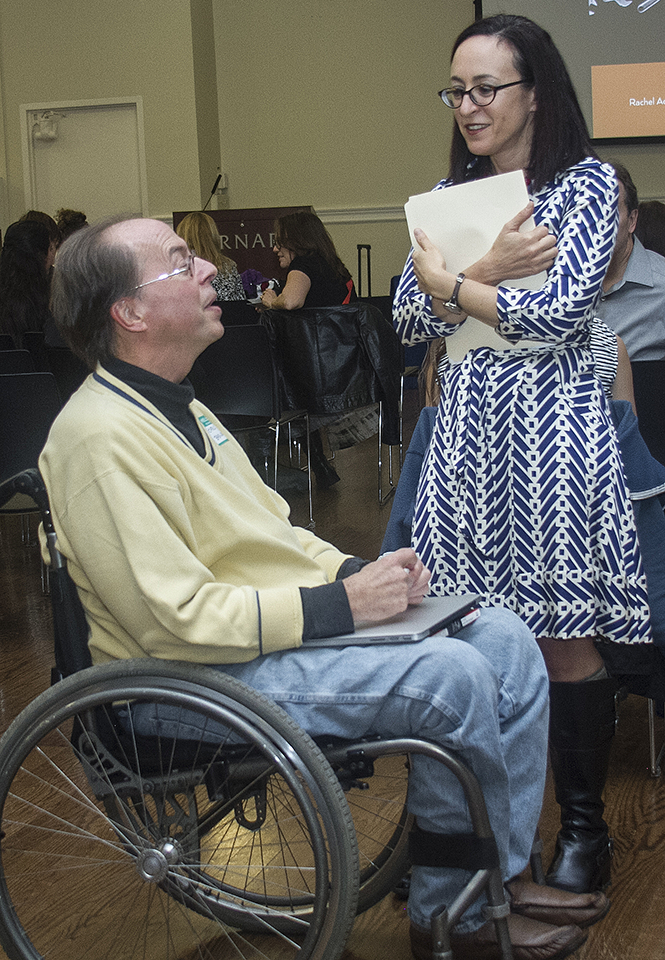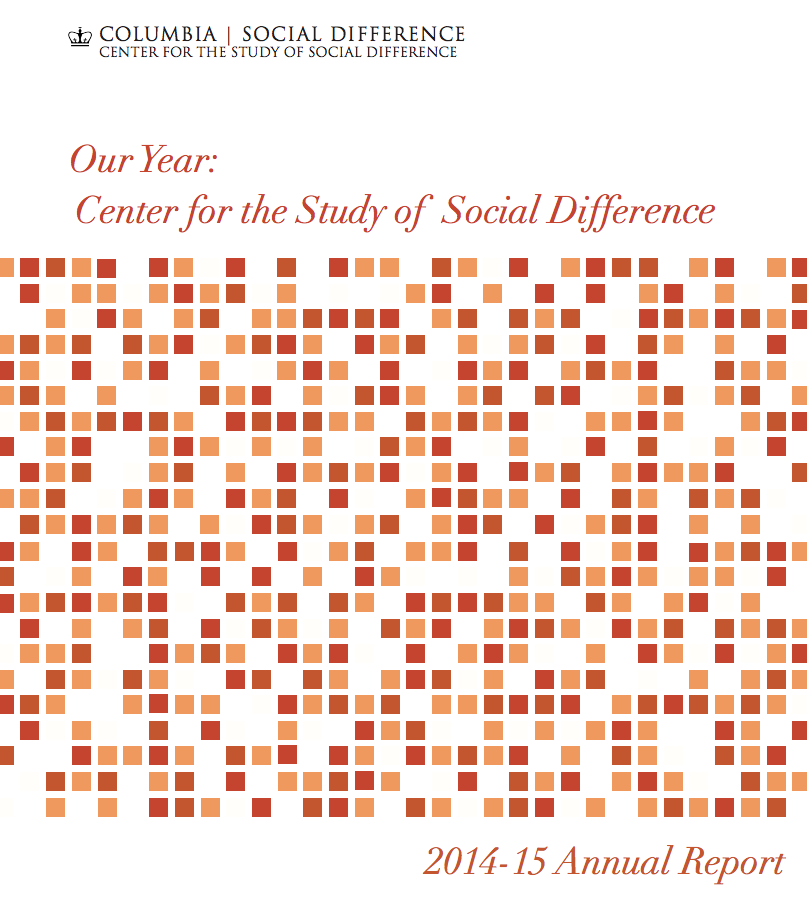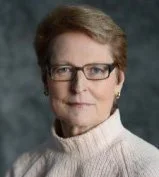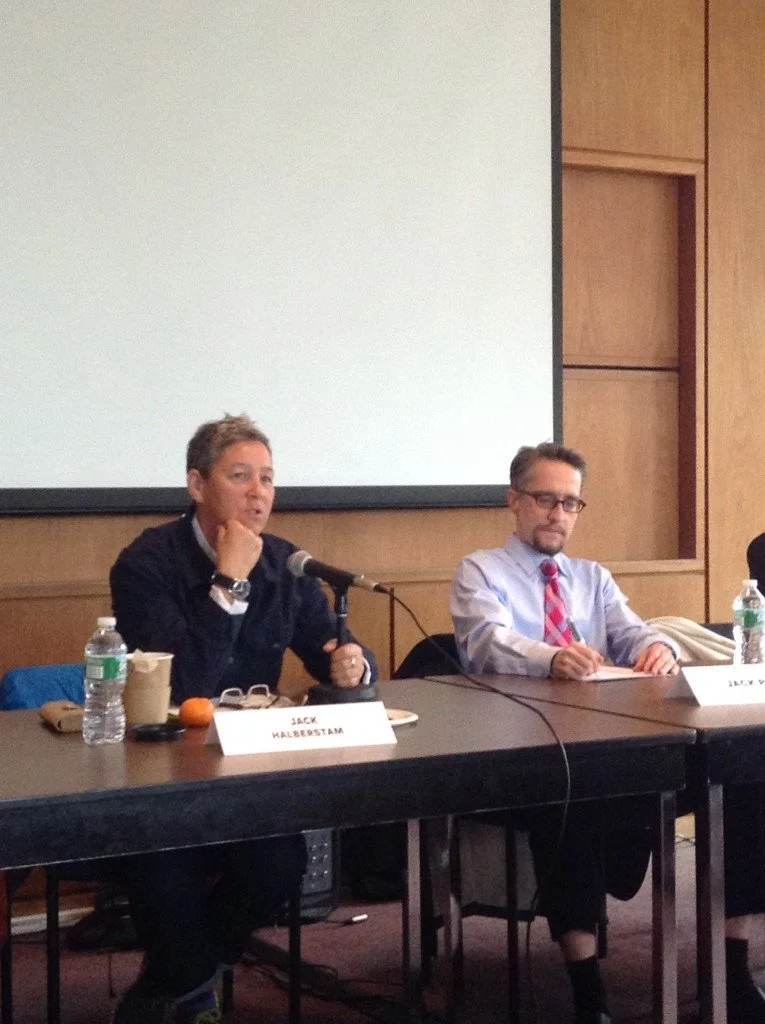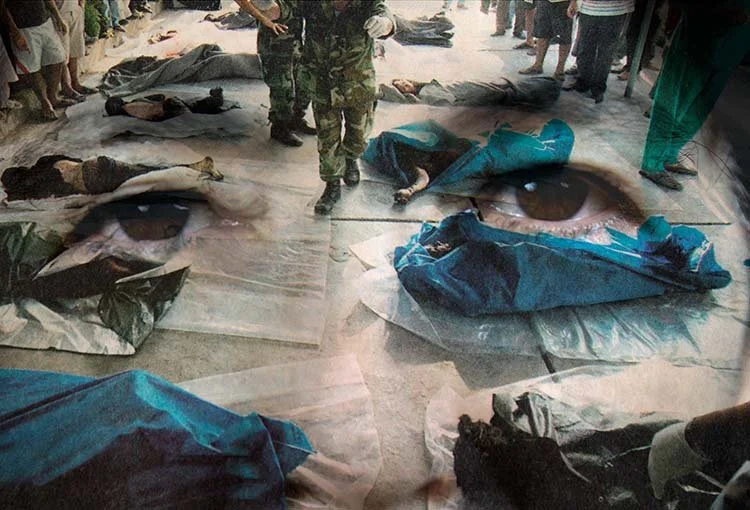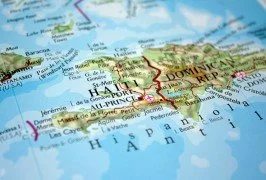Roundtable topics and speakers:
Creating Alternative Archives, with Leyla Neyzi, Özlem Kaya, Susan Meiselas, Silvina der Meguerditchian, and Şemsa Özar
Art, Performance and Memory, with Andreas Huyssen, Alisa Solomon, Carol Becker, Diana Taylor, Maria José Contreras, and Ayşe Öncü
Gender, Memory, Activism, with Marita Sturken, Marianne Hirsch, Nükhet Sirman, Meltem Ahıska, Nancy Kricorian, and Yeşim Arat
Schedule
1:00pm-2:30pm - Creating Alternative Archives
Moderator: Şemsa Özar (Boğaziçi University and Diyarbakır Institute for Social and Political Research)
Leyla Neyzi (Faculty of Arts and Social Sciences, Sabancı University) - “Young people Speak Out: The Contribution of Oral History to Facing the Past, Reconciliation and Democratization in Turkey” Project www.gencleranlatiyor.org
Özlem Kaya (Truth Justice Memory Center, Turkey) Creating an Alternative Archive through Video Testimonies
Susan Meiselas (Photographer, Magnum Photos, USA ) – Kurdistan
Silvina Der Meguerditchian (Artist, Argentina/Germany) – Nereye? / Where to?
3:00pm-4:30pm - Art, Performance and Memory
Moderator: Ayşe Öncü (Sociology, Sabancı University, Turkey)
Andreas Huyssen (German and Comparative Literature, Columbia University, USA) - The Metamorphosis of the Museum: From Exhibitionary to Experiential Complex
Alisa Solomon (School of Journalism, Columbia University, USA) - Shoe Fetish
Carol Becker (School of the Arts, Columbia University, USA) - The Memory of Sugar
Diana Taylor (Performance Studies, Hemispheric Institute of Performance and Politics, NYU, USA) - Is Performing Testimony, Testimony?
Maria José Contreras (School of Theatre, Catholic University, Chile) – The (Im)possible Performance of Forgetfulness
5:00pm-6:30pm - Gender, Memory, Activism
Moderator: Yeşim Arat (Political Science and International Relations, Boğaziçi University, Turkey)
Marita Sturken (Media, Culture, and Communication, NYU, USA) - Architectures of Memory, Architectures of Torture, Architectures of Conflict
Marianne Hirsch (Gender Studies and Comparative Literature, Columbia University, USA) – Mobile Memories
Nükhet Sirman (Sociology, Boğaziçi University, Turkey) – How to Gender Memories of Violence?
Meltem Ahıska (Sociology, Boğaziçi University, Turkey) - Counter-movement, space, and politics: How the Saturday Mothers of Turkey make the enforced disappearances visible
Nancy Kricorian (Author and Activist USA) - Place Names and Objects: Pilgrimage as/or Resistance
About
This series of roundtables occurs in the context of a five-day workshop on “Mobilizing Memory for Action” that brings together an international group of scholars, artists, and activists to analyze the activist work memory practices can enable. The workshop is part of Columbia University’s “Women Creating Change” initiative led by the Center for the Study of Social Difference and organized in collaboration with the Columbia Global Centers. “Mobilizing Memory for Action” began in December 2013 with a workshop at the Columbia Global Centers in Chile and continues in September 2014 with activities in Istanbul hosted by Columbia Global Centers | Turkey, Sabancı University Gender and Women’s Studies Forum and DEPO Istanbul. Support has also been provided by the Blinken European Institute, Sabancı University, Hemispheric Institute of Performance and Politics, the Truth Justice Memory Center and Friedrich-Ebert-Stiftung Turkey Office. The Istanbul program consists of a workshop with 35 leading scholars, artists and activists from Turkey, the United States, Chile and other contexts; an art exhibition and catalogue; documentary screenings; theater performances and post-performance discussions; and a series of public roundtables.
For more information about the exhibit, please click here.


